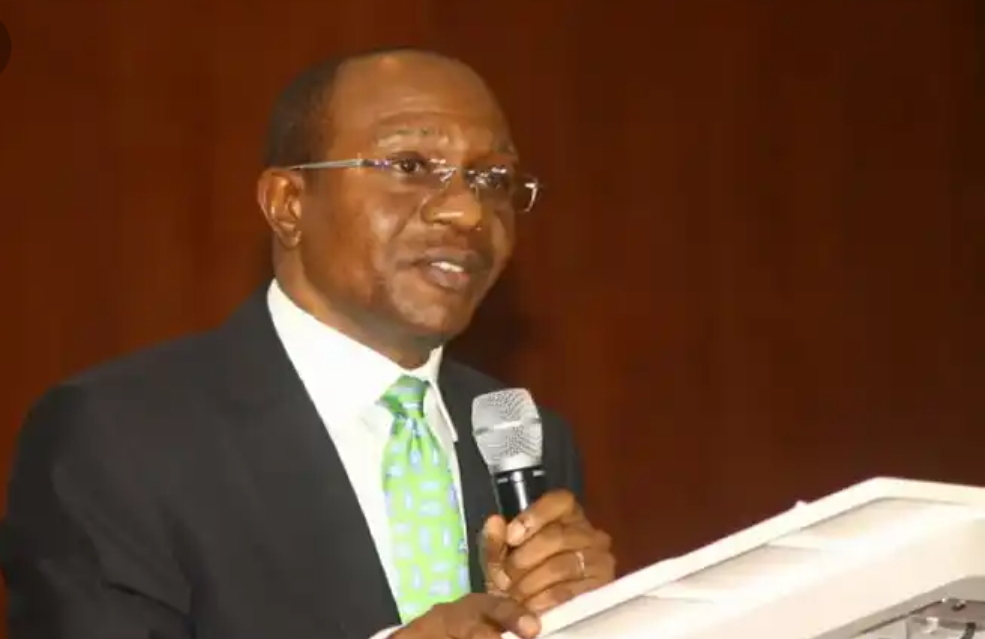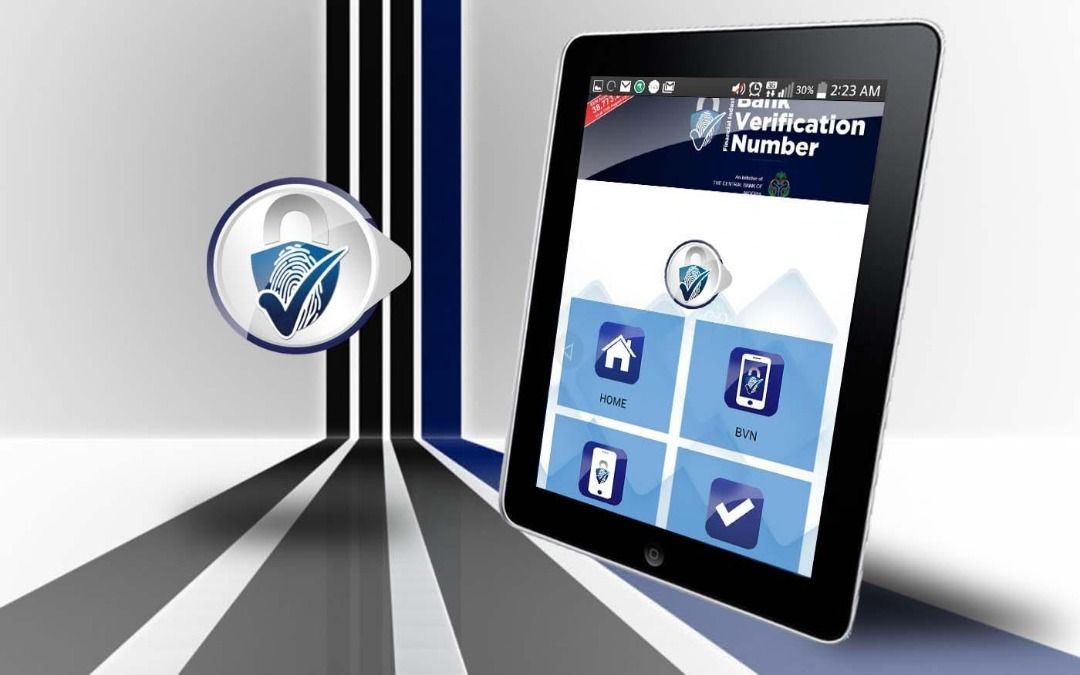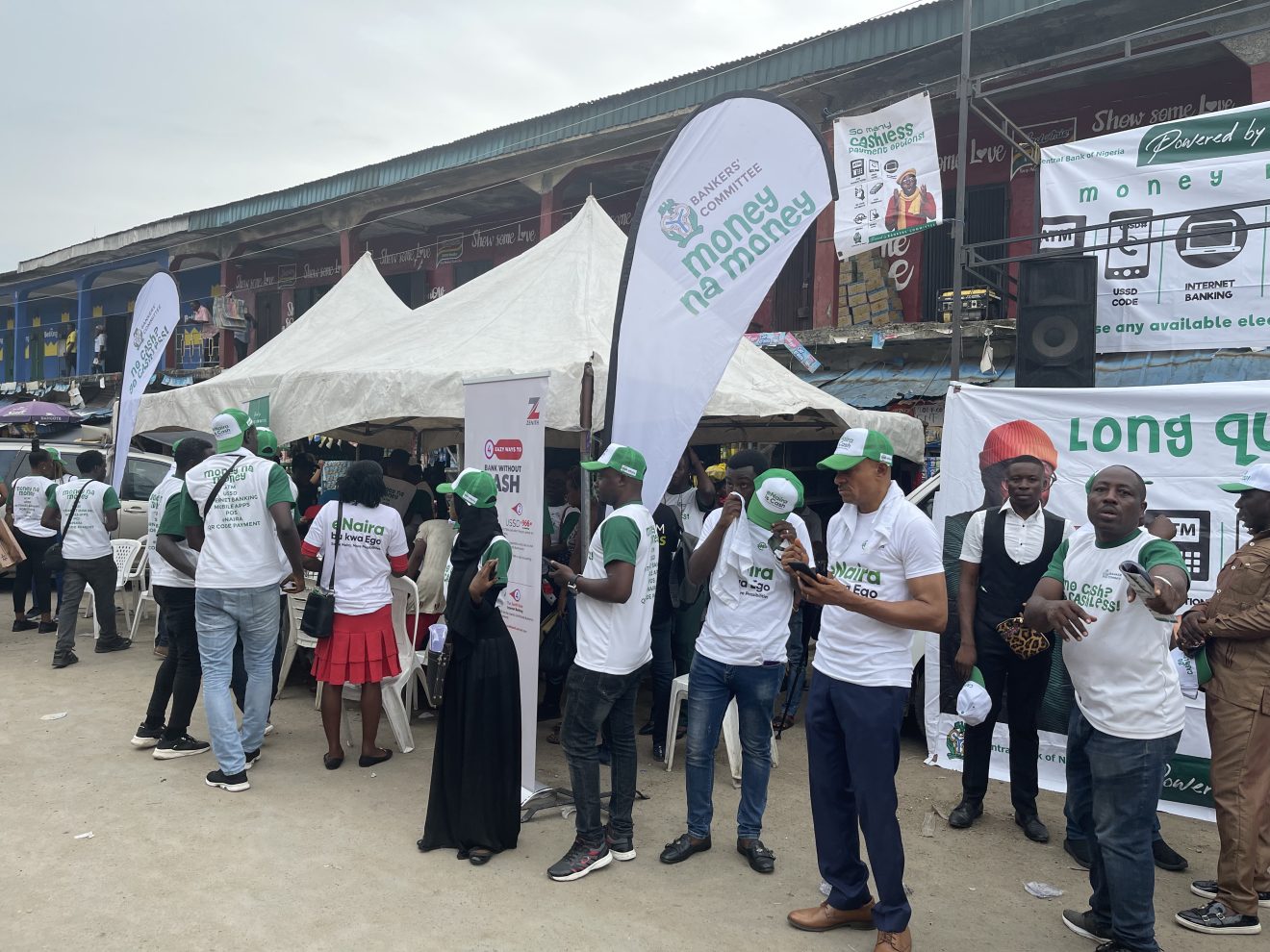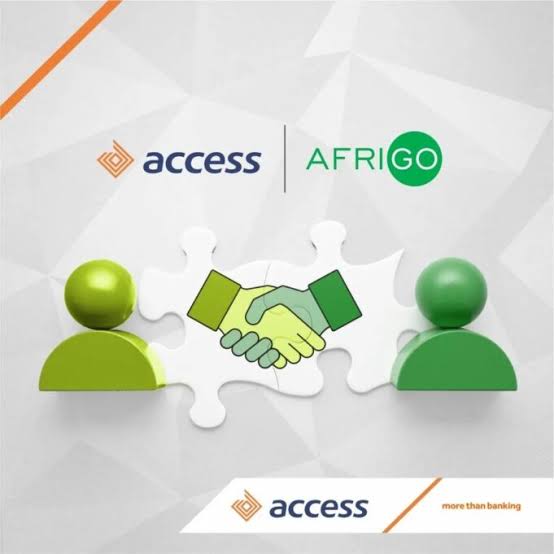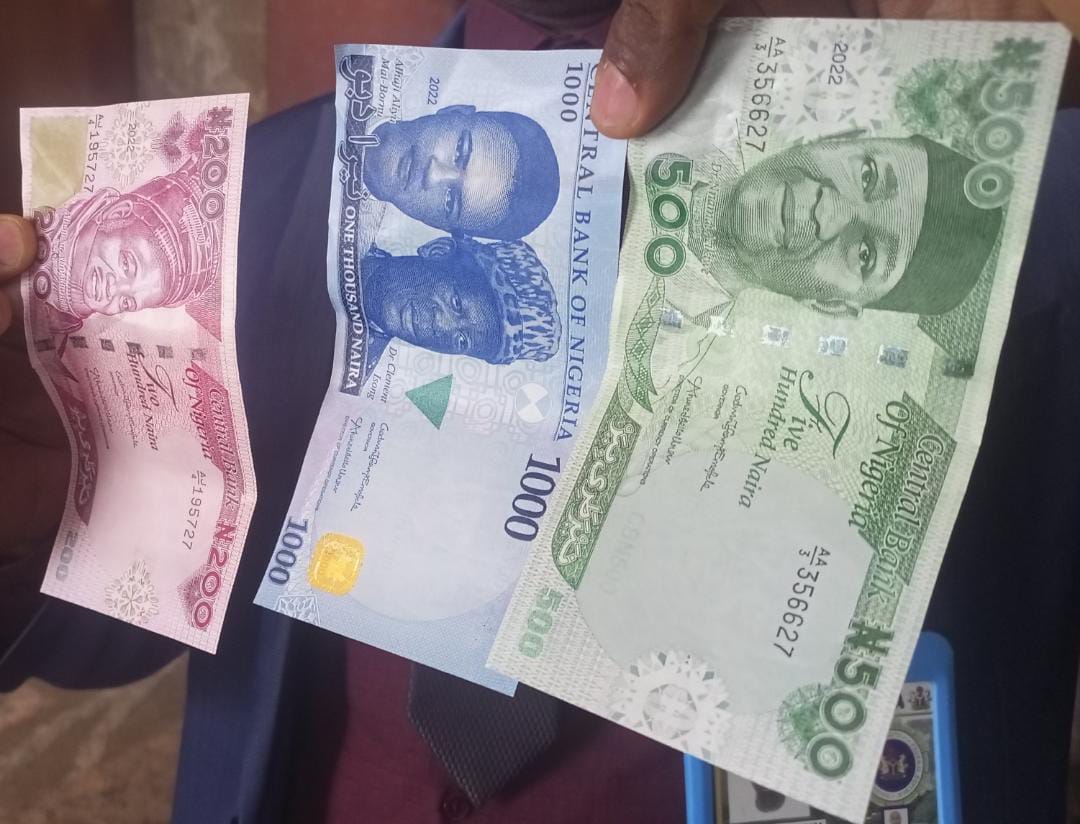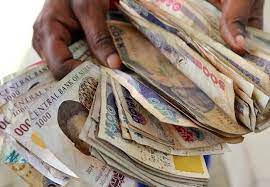A few hours after President Bola Tinubu suspended him from office, the Governor of the Central Bank of Nigeria (CBN), Godwin Emefiele, was detained by Nigeria’s secret police, the State Security Service (SSS).
“The Department of State Services (DSS) hereby confirms that Mr Godwin Emefiele, the suspended Governor of the Central Bank of Nigeria (CBN), is now in its custody for some investigative reasons,” Peter Afunanya, the spokesperson for the agency, said in a press statement that he shared with PREMIUM TIMES.
Mr. Afunanya did not disclose any specifics regarding the circumstances behind Mr. Emefiele’s arrest, including when it took place, how it happened, or where he is being held. However, PREMIUM TIMES has learned that the banker was taken from his house in Lagos and transported to Abuja while he was under the protection of a team of operatives. After that, he was reportedly interrogated at the headquarters of the State Security Service (SSS), which is located in the Asokoro District of the nation’s capital.
On Friday night, there were rumours that the SSS had detained Mr. Emefiele shortly after they had suspended him from his position. However, the law enforcement agency stated via tweet early Saturday morning that the top banker was not currently in its possession.
It is not obvious why the SSS is keeping the officer who is now under investigation. But on Friday, the office of the Secretary to the Government of the Federation said that his office, the Central Bank of Nigeria (CBN), was the subject of an inquiry.
Read also: CBN imposes e-payment ban on 572 bank customers’ BVN
Emefiele’s relationship with SSS
Recent events have resulted in a tumultuous relationship between the SSS and Mr. Emefiele. In December of the previous year, the agency levelled numerous allegations of wrongdoing against the governor.
In December, the SSS made a covert request to a court for a warrant to arrest him on the grounds that he is suspected of “financing terrorism, fraudulent activities, and economic crimes of national security dimension.”
However, the motion was denied by the Federal High Court in Abuja on the grounds that the secret security unit did not provide adequate evidence to support the issuance of an arrest warrant against Mr Emefiele.
In addition to this, Mr Emefiele came under fire for his controversial entry into partisan politics, during which he ran for the presidential nomination of the party that is currently in power, the All Progressive Congress (APC). Support organisations were clamouring for the governor to emerge as the flagbearer of the ruling party, despite the fact that the governor attempted to deny his role in political politics.
The governor’s extraordinary involvement in partisan politics has drawn significant criticism, and many experts have voiced their concerns regarding the governor’s impartiality as well as the CBN’s independence as a result of the governor’s actions.
Terrorism allegations against Emefiele
In recently obtained court documents, the State Security Service (SSS) makes the allegation that the Governor of the Central Bank of Nigeria (CBN), Godwin Emefiele, has been paying “unknown gunmen” and members of the illegal Indigenous People of Biafra (IPOB).
The records present, for the very first time, the missing specifics of the allegation of terrorism financing that the SSS brought against Mr. Emefiele in December of last year.
The Indigenous People of Biafra (IPOB) is a separatist organisation that advocates for the creation of an independent Biafra nation out of the five Igbo-dominated states in South-east Nigeria as well as sections of surrounding states.
Since September 2017, a court has deemed the organisation that is suspected of being responsible for violent events in the South-east region during the past few years to be a terrorist organisation. As a result, the group has been proscribed.
The Nigerian media reported in December on the unsuccessful attempt by the State Security Service (SSS) to seek an order from the Federal High Court in Abuja for the arrest of Mr. Emefiele on a variety of claims, one of which is that he financed terrorist organisations.
After hearing the arguments presented by SSS’s legal team, the Chief Judge of the Federal High Court, John Tsoho, decided not to allow the motion for an order to be issued against Mr. Emefile.
In a decision that was handed down on December 9th, the judge stated that the application should not be granted since there was an error in the procedure that the SSS used in its application.
The judgement was finally brought to the attention of the Nigerian media, eleven days after it was handed down by the court.
However, the stories did not disclose any specifics about the serious accusations that the agency has made against Mr Emefiele.
A source has recently obtained the court files that the SSS has submitted, offering astounding new details regarding the agency’s charges against the CBN governor. This development comes eight weeks after the court rendered its ruling.
The State Security Service (SSS) accused him of a number of serious offences, including destroying the government of President Muhammadu Buhari, financing terrorism, aiding and abetting terrorism, and committing other economic crimes with the purpose of damaging Nigeria’s national security. The allegations were made in a string of weighty allegations.
To be more precise, the agency also criticised Mr. Emefiele of poor management of the CBN subsidiary NISRAL as well as the Anchor Borrowers Programme that is run by the central bank.
